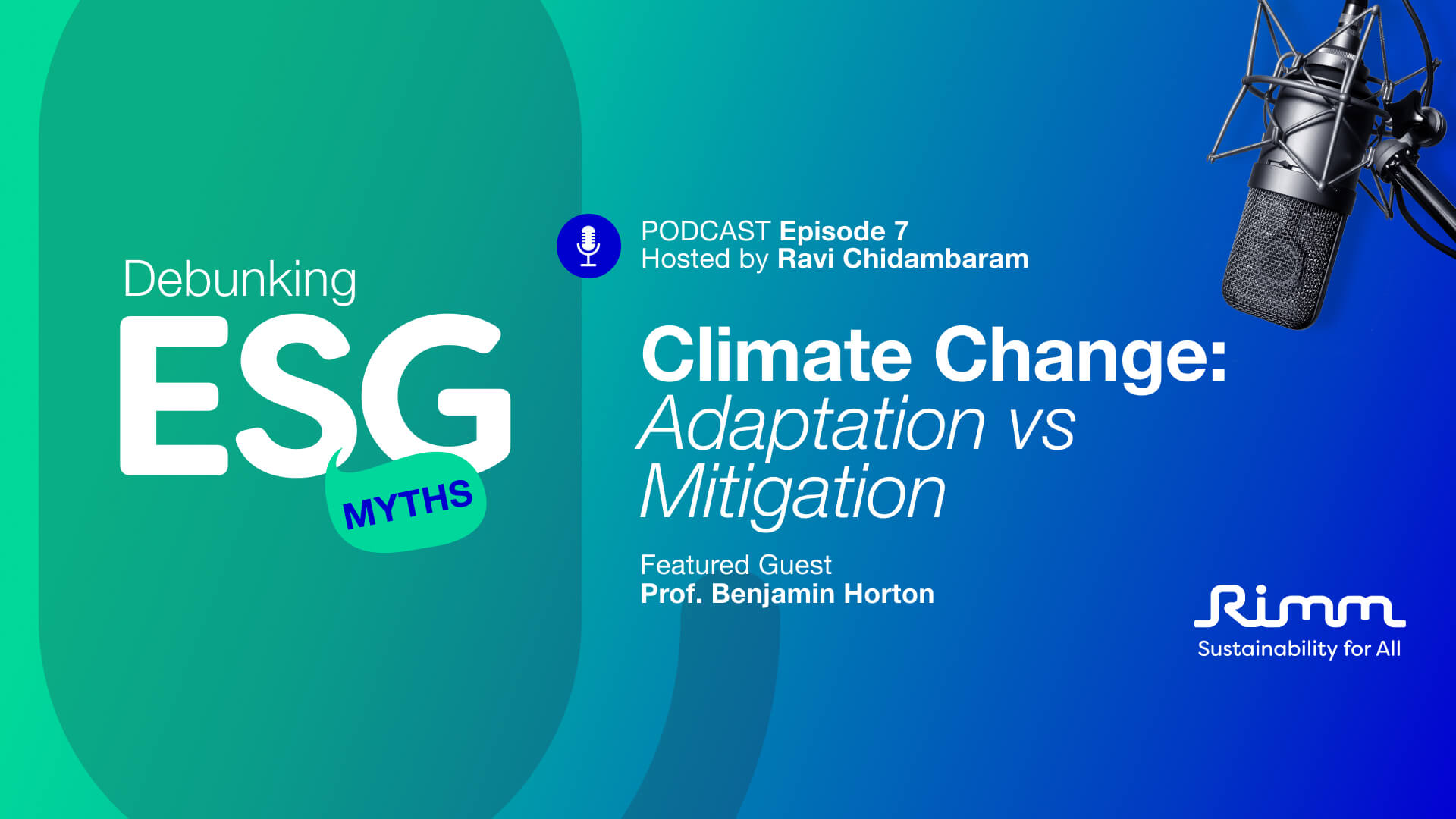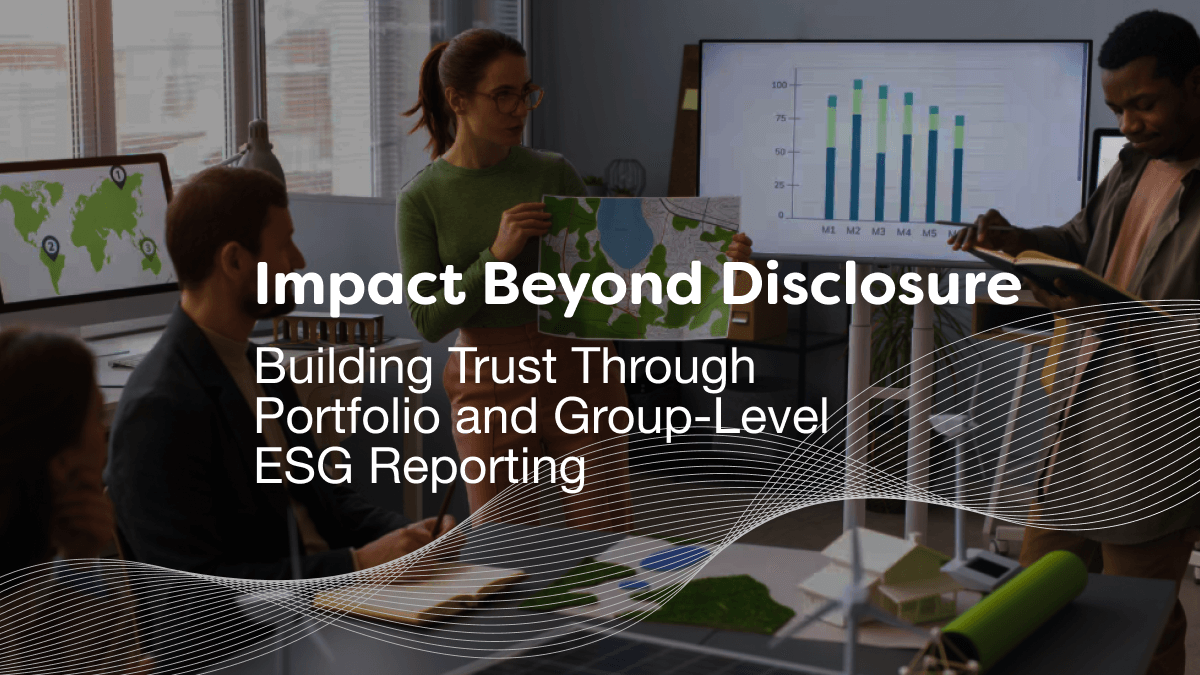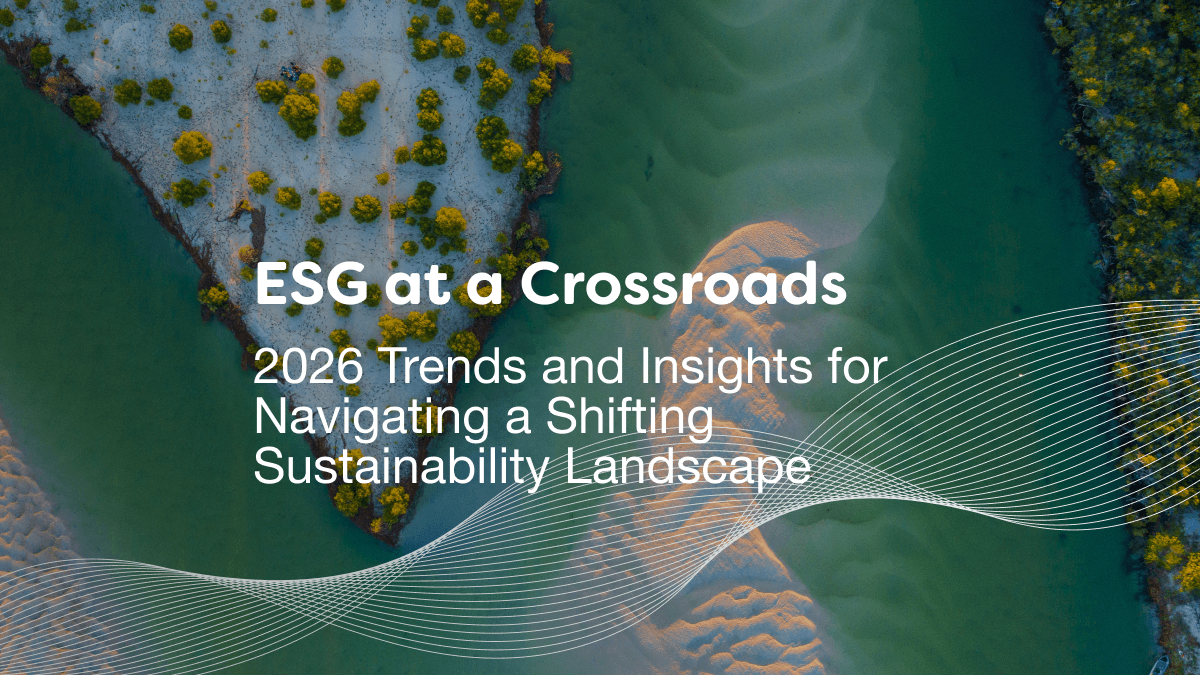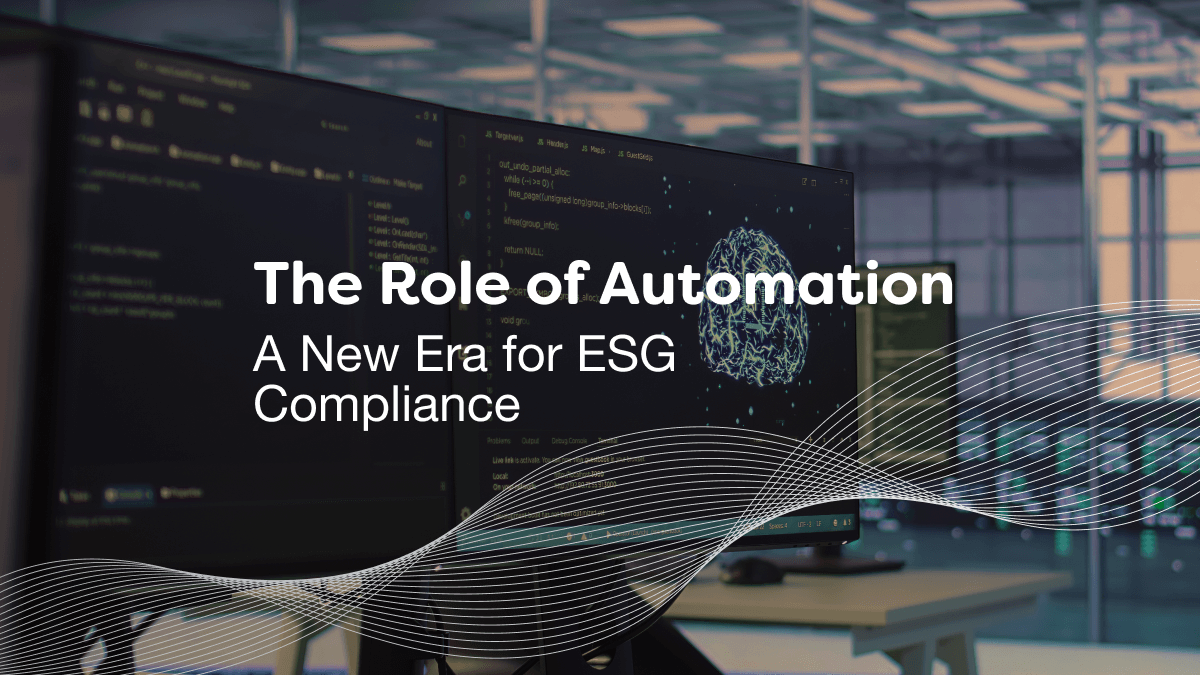Explore the pitfalls of relying solely on Western-centric ESG assessments and ESG ratings, uncover the disconnect between these and sustainable business practices, and discover why it might be time for a transformative shift in the evaluation of corporate sustainability.
Is the current use of ESG ratings in the world of finance yet another tool to oppress developing countries and companies operating in those markets? As it is today, it certainly looks like it.
An ESG rating agency based in NYC, London or Paris issues an ESG rating for a company operating in Indonesia. It is done in an automated way and the sector weightings are applied as well as a benchmarking evaluation compared to peers. Local context is not taken into account, nor have any residual local impacts been taken into account.
The company gets a CCC rating due to lack of disclosure and lack of stringent Anglo-Saxon corporate governance practice. With that ESG rating, this Indonesian company will most likely never become a worthy member of the ESG investable universe and as such will remain in the shadows if possible.
The company may have significant local presence and have a number of social aspects to their business that enable a number of people to secure their livelihood, yet, simply because ESG rating agencies are measurement stock, i.e. a Western one, they don’t fit. We rule the world and as such we decide the rules. You obey or you are out.
There is something scary, very scary about this. ESG is becoming a tool that upholds the system of the 10%. It is not and never was the intention of ESG. The current ESG ratings provided to the financial markets are simply not only wrong, they are also not really helping us to develop the markets and companies where ESG measures would most likely make the biggest difference.
The need to move away from ESG ratings as they are
There are several reasons why we should say goodbye to ESG ratings as they are. It is a goodbye that’s long overdue, an easy goodbye, almost like a walk in the park, because we’ve seen enough.
The current ESG ratings, provided by a number of firms around the world, are hurting the very intent of ESG investing. Why? Well, because today’s ESG ratings tell you nothing about how sustainable the business model of a firm is, or about how sustainable its products and services are.
What they tell you is whether the company ticks the boxes of reporting on its own corporate conduct. There is no link, and I mean it, no link between a company’s corporate business growth strategy and their sustainability ratings.
Whoever views the current ESG ratings as nothing more than an annual indicator on corporate conduct, and nothing more than that, is right. And for the rest, and for the companies themselves, they shouldn’t even look at the ESG ratings. They are not only misleading, but also costly.
It costs a lot to have access to these ratings, and if you are running a company, well, then you will find yourself reporting on a zillion indicators that do not mean a single thing for the investor who is making the investment decisions. An absurd reporting task bound to discourage anyone working with it.
As ESG ratings are constructed today, they give you a false and, in many ways, severely incomplete picture of how sustainable the business model of a company is.
At the same time, I do understand why they are used. The financial industry loves lazy scalable solutions, the ones you can lean on without taking any responsibility. “This company has been given an A-rating by XXXX.” But that very company might be depleting natural resources faster than the Silicon Valley tech guys are playing the roulette in Vegas.
The financial industry loves to pretend that it all makes sense as long as it does not impact the real intent with the investments, and that is to make money and a lot of it. If it is packed as sustainable, very fine. “We have external ratings we use for informing our investments decisions”. Sayonara, Goodbye, Arrivederci, Hejdå. Time to move on. For real.
How can Rimm help?
In the pursuit of global sustainability and equitable development, it is essential to recognize the significance of supporting transitions in developing markets. Rather than relying solely on standardized ESG ratings, a more nuanced approach involving robust data analysis can provide clients with a far better understanding of both the risks and opportunities inherent in these markets.
At Rimm, we take care of all your company’s sustainability needs across data management, analytics, reporting and compliance. By comprehensively assessing factors like local context, cultural nuances, and the specific challenges faced by companies, a more accurate picture of sustainability can emerge. This approach doesn’t just serve the interests of investors seeking returns; it also aids in fostering genuine economic growth, social progress and environmental stewardship in the regions that need it most.
It’s time to move beyond the confines of current ESG ratings and embrace a more inclusive and insightful evaluation framework for a brighter and more sustainable global future.
Want to learn more about Rimm’s solutions?
Browse our solutions catalog or book a free demo today!

Sasja Beslik
Senior Advisor, Data Analytics
With 20 years of experience in advising multinational companies, Sasja Beslik is an expert in data analytics and creating strategies for integrating ESG into asset management. He also currently sits on Rimm’s esteemed advisory board.
Simplify Your Sustainability Performance & Tracking With myCSO
✅ Calculate your scope 1, 2 and 3 emissions instantly
✅ Gauge your company’s sustainability performance
✅ View your sustainability performance all from one dashboard
✅ Benchmark against industry peers
Enter your information below to book a demo with our team today.







